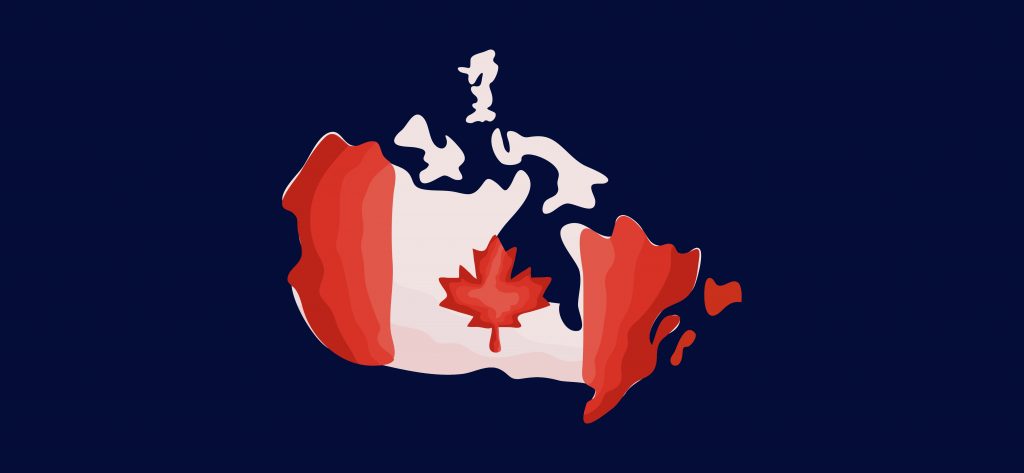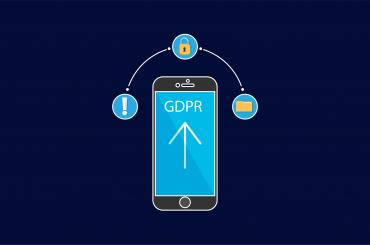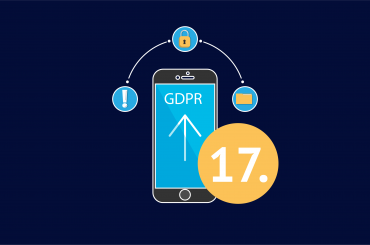The right to be forgotten in Canada is different from that in the European Union. In the EU, the right to be forgotten or the right to erasure is provided by the General Data Protection Regulation (GDPR). This is clearly laid down and can easily be exercised by an individual.
On the other hand, the right to be forgotten in Canada is vague. It has not been codified in the form of a law. However, the right has been implemented by the judicial courts.
In this article, we discuss everything related to the right to be forgotten in Canada.
Contents
Is there a law right to be forgotten in Canada?
The Personal Information and Protection of Electronic Documents Act (PIPEDA) provides the right to be forgotten in Canada to some extent. As per this, Canadians have the right to challenge the accuracy or the completeness of personal information that an organisation has collected.
Canadians can request such organisations to either amend or delete the information that has been stored. This remedy is available if the information is inaccurate, excessive or incomplete. This provides the right to be forgotten in Canada, even though to a limited extent.
However, PIPEDA only applies to business transactions. Google contends that the search engine function is not commercial because it is free to use. It just serves as a mode of communication between publishers and their audiences.
Recently, the Canadian Federal Court dismissed the arguments made by Google. The Court held that Google runs a commercial business. Due to this, the PIPEDA applies to Google as well. This means that Google will have to remove information if requested.
How to exercise the right to be forgotten in Canada?
As per the Federal Court, the right to be forgotten is available in Canada. The right to be forgotten in Canada can be exercised against search engines such as Google, Bing, etc.
An individual can request the erasure of personal information. This request can be submitted directly to search engines.
The request can be submitted in any format. The Court has not specified any requirements. The only requirement is that the request should reach the search engine platform. The following information should be present in the right to erasure request:
- Name and details of the person submitting the request. This includes contact information, email address, address, etc. Along with this, the person should also send proof of identity and proof of address.
- Specific details of the information which the person wishes to remove. This should include the exact website, link and data that is to be removed.
- Grounds on which the request for removal is submitted. The person needs to argue that the information is inadequate, excessive or irrelevant.
- A declaration that all the information provided by the person is true to the best of her knowledge. Providing any false information might result in prosecution.
Conclusion
The Personal Information and Protection of Electronic Documents Act provides the right to be forgotten in Canada. Search engines and online platforms are required to remove content if a user requests.
FAQ
-
What is the right to be forgotten policy?
The General Data Protection Regulation provides the right to be forgotten. An individual can exercise this right to request the removal of online information.
-
Does everyone have a right to be forgotten?
Generally speaking, the right to be forgotten is available to anyone within the European Union. However, it is not limited to the EU. Many countries have implemented their own laws granting the right to erasure or the right to be forgotten.
-
What are my privacy rights in Canada?
Canada has a robust privacy law. Privacy is a fundamental right in Canada. This means that the government takes strict measures to protect an individual’s privacy.
-
Are there exceptions to the right to be forgotten?
Yes, there are some situations when the right to be forgotten cannot be exercised. This is when the information serves the public interest, supports a legal cause or promotes scientific development.
-
Is the General Data Protection Regulation applicable in Canada?
The General Data Protection Regulation is only applicable within the European Union. Canada has its own privacy laws which can be used to erase online information.





